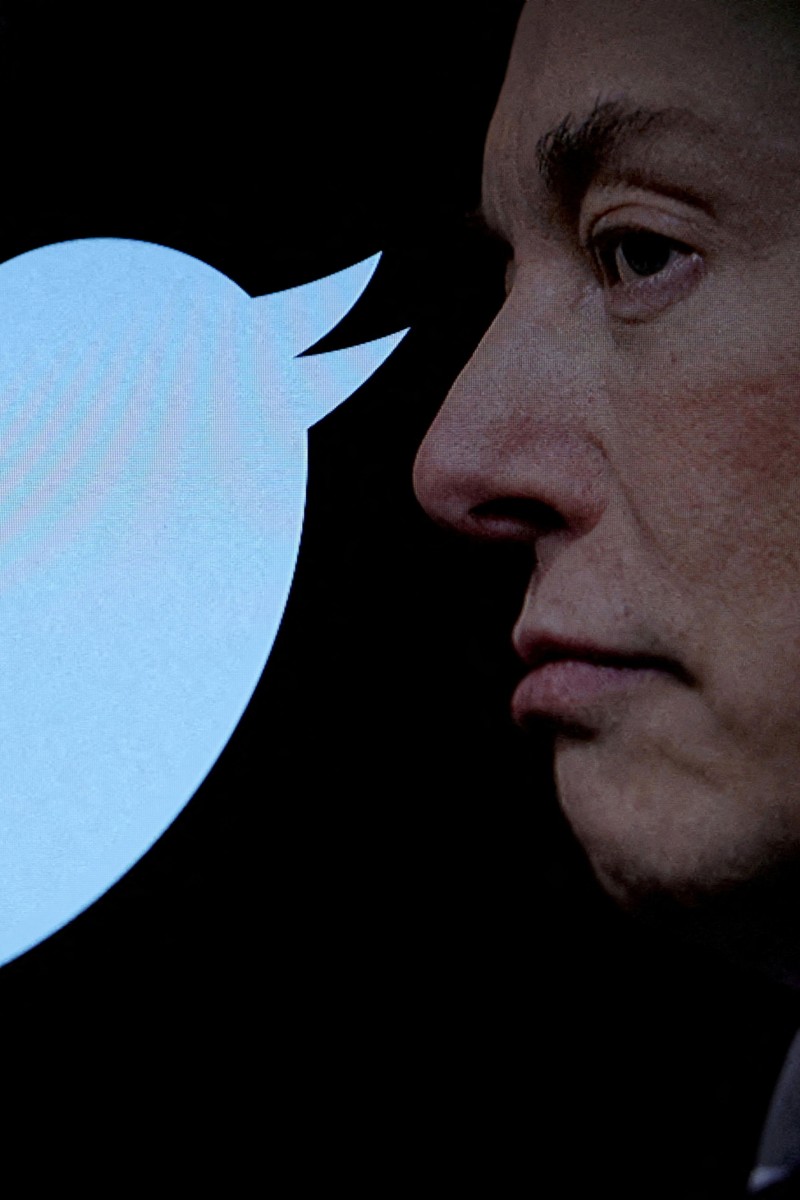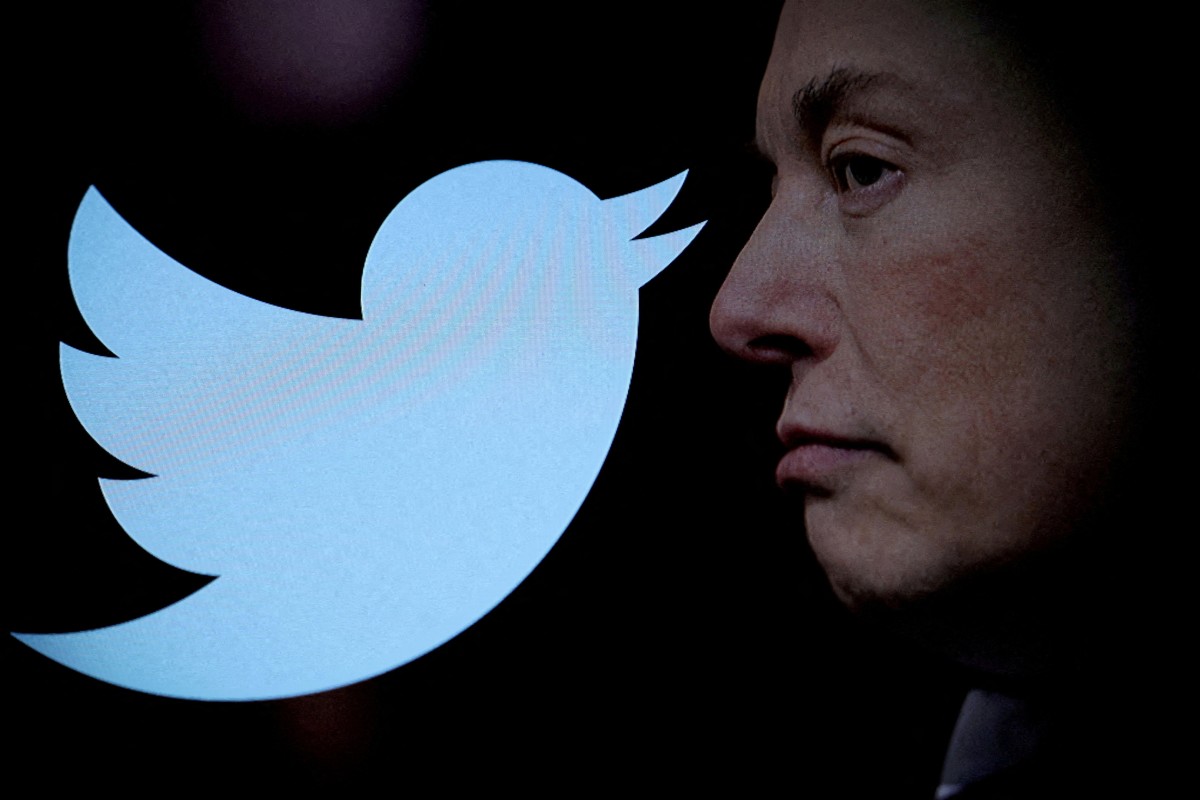
Twitter celebs speak out against paying Tesla billionaire Elon Musk for blue tick
- Founder of SpaceX announced the check mark could only be used by subscribers of the app’s premium service as of April 1
- Tick was originally meant to identify credible sources and prevent spread of misinformation and impersonation
 Twitter CEO Elon Musk announced that anyone with a legacy blue tick would have to start subscribing to the app’s premium service by April 1 or lose their verification. Photo: Reuters
Twitter CEO Elon Musk announced that anyone with a legacy blue tick would have to start subscribing to the app’s premium service by April 1 or lose their verification. Photo: ReutersTwitter’s most prolific commentators – some household names, others little-known journalists – could soon be losing the blue ticks that helped verify their identity on the social media platform.
They could get the marks back by paying up to HK$86 a month. But some long-time users, including 92-year-old Star Trek actor William Shatner, have resisted buying the premium service championed by Twitter’s billionaire owner and chief executive Elon Musk.
After months of delay, Musk is gleefully promising that Saturday is the deadline for celebrities, journalists and others who had been verified for free to pony up or lose their legacy status.
“It will be glorious,” he tweeted Monday, in response to a Twitter user who noted that Saturday is also April Fools’ Day.
After buying Twitter for US$44 billion in October, Musk has been trying to boost the struggling platform’s revenue by pushing more people to pay for a premium subscription. But his move also reflects his assertion that the blue verification marks have become an undeserved or “corrupt” status symbol for elite personalities and news reporters.
Along with verifying celebrities, one of Twitter’s main reasons to mark profiles with a free blue tick starting about 14 years ago was to verify politicians, activists and people who suddenly find themselves in the news, as well as little-known journalists at small publications around the globe, as an extra tool to curb misinformation coming from accounts that are impersonating people.
American activist and writer Monica Lewinsky tweeted a screenshot on Sunday of all the people impersonating her, including at least one who appears to have paid for a blue tick. She asked, “what universe is this fair to people who can suffer consequences for being impersonated? a lie travels halfway around the world before truth even gets out the door.”
Shatner, known for his irreverent humour, also tagged Musk with a complaint about the promised changes.
“I’ve been here for 15 years giving my (clock emoji) & witty thoughts all for bupkis,” he wrote. “Now you’re telling me that I have to pay for something you gave me for free?”
US House speaker says lawmakers to move forward with bill to ban TikTok
Musk responded that there shouldn’t be a different standard for celebrities. “It’s more about treating everyone equally,” Musk tweeted.
For now, those who still have the blue check but apparently haven’t paid the premium fee – a group that includes Beyoncé, Stephen King, Barack and Michelle Obama, Taylor Swift, Tucker Carlson, Drake and Musk himself – have messages appended to their profile saying it is a “legacy verified account. It may or may not be notable.”
But while “the attention is reasonably on celebrities because of our culture,” the bigger concern for open government advocate Alex Howard, director of the Digital Democracy Project, is that impersonators could more easily spread rumours and conspiracies that could move markets or harm democracies around the world.
“The reason verification exists on this platform was not simply to designate people as notable or authorities, but to prevent impersonation,” Howard said.
One of Musk’s first product moves after taking over Twitter was to launch a service granting blue checks to anyone willing to pay HK$63 a month. But it was quickly inundated by impostor accounts, including those impersonating Nintendo, pharmaceutical company Eli Lilly and Musk’s businesses Tesla and SpaceX, so Twitter had to temporarily suspend the service days after its launch.
The relaunched service costs HK$63 a month for web users and $86 a month for iPhone and iPad users. Subscribers are supposed to see fewer ads, be able to post longer videos and have their tweets featured more prominently.